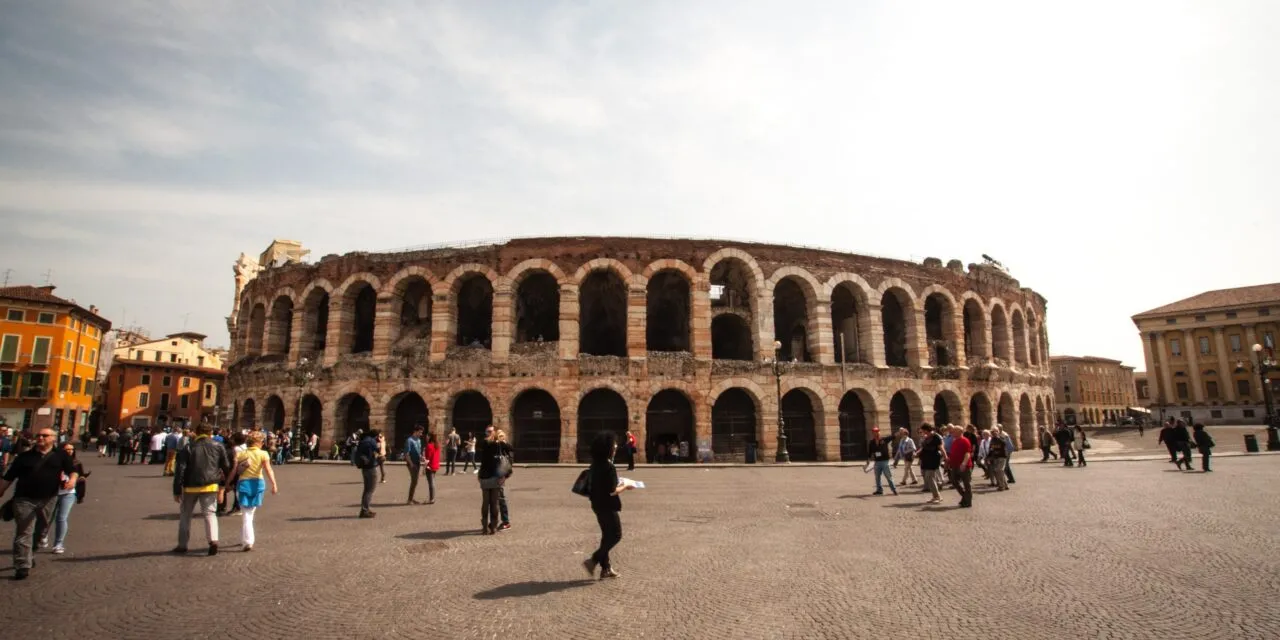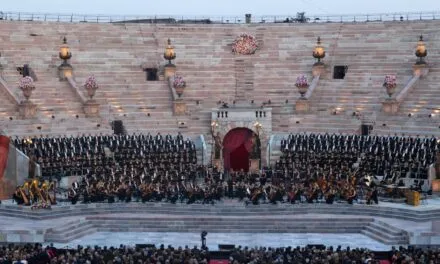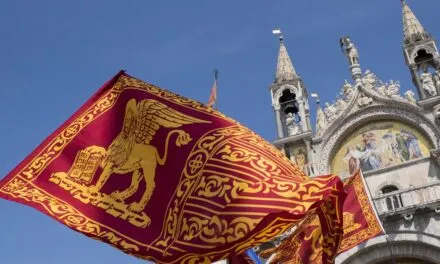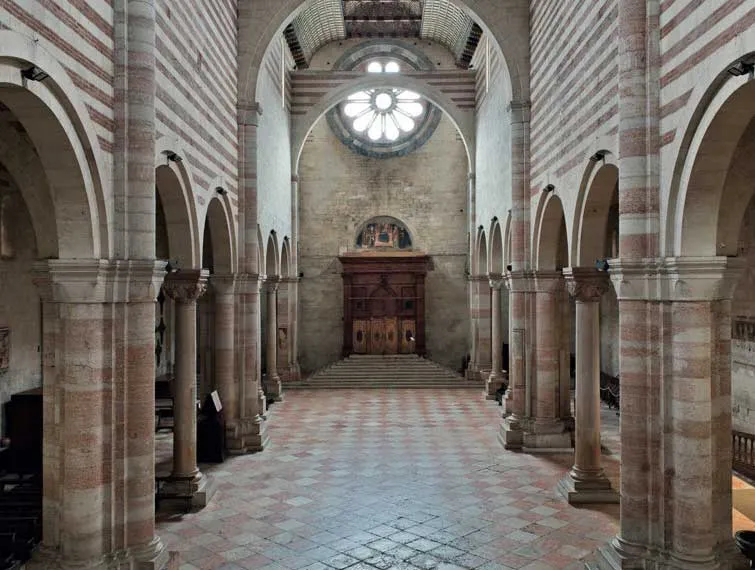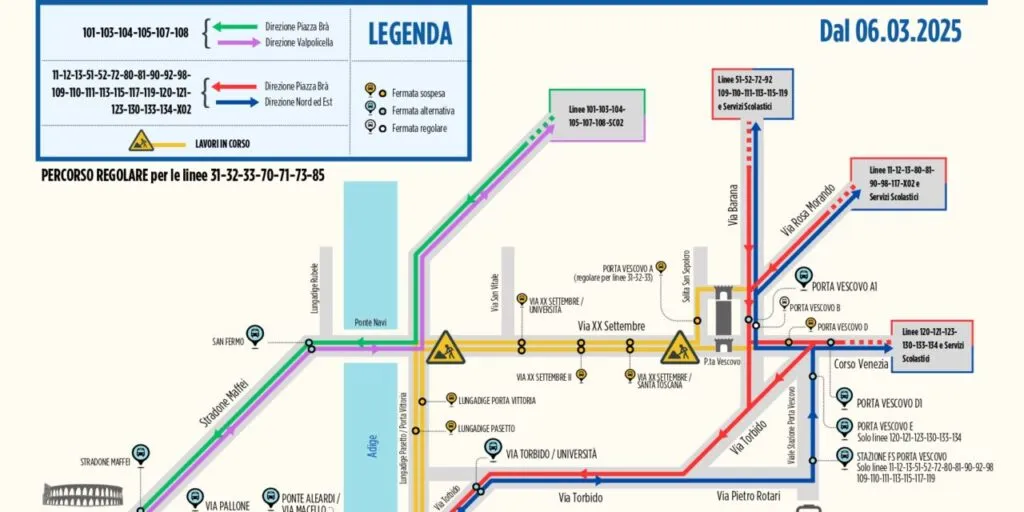How does Verona compare to other Italian localities? Let’s say right away that the tourist tax – tassa di soggiorno – established on the banks of the Adige River is average for many other cities in Italy. Certainly, it is not as expensive as Rome or Florence (up to 8 euros per night) and it does not opt like Venice for brackets on high or low season. In Verona, the tax of stay varies depending on the type of establishment where you stay. Taking considering hotels the yardstick is stars. One star, one euro per person; two, 1.50 euro; three stars and three-star superior, 3.50 euro. All the way up to a ceiling of five euros for five-star hotels. If one look instead at apartments, the rate is 2.5 euros for a maximum, but this applies to all, of five nights.
Tourist tax: what is it and when is it not payable? Those who are used to traveling are familiar with the tourist tax; the less frequent travelers have come across this additional fee to the cost of rooms to be paid upon arrival – or departure – in hotels and accommodations. The tourist tax is a fee fixed fee, the cost of which varies from city to city, that hoteliers charge to tourists and travelers hosted in the facilities. It is a tax that each guest must pay for each night spent in hotels, bed and breakfasts, hostels and campgrounds in major cities not only in Italy, but also of the rest of the world. It is usually charged as an extra to be added to the overall cost of the room and services offered during the stay. It can be paid in cash or by credit card directly to the manager of the hotel facility. However, this fee is not chargeable to different categories of travelers: residents, children under the age of 12, university out-of-towners, disabled and companions, sick people and the relatives of those in facilities health care, military and police, bus drivers and tour leaders. On the other hand, the only category of hotel establishment that is prevented from charge the tourist tax is the youth hostel. The tax on stay, however, has not only been introduced in Europe. There are, in fact, many nations that have experimented with this tax: in the United States, this extra is in addition to ESTA and is quantified at $3.5 per night per person; in Japan, the tax is paid according to depending on the price of the stay, but only from 10,000 yen per night. The tourist resorts in Morocco have instead imposed a tax ranging from about 1 to 2.5 euros, with the variation dependent on the type of accommodation, while in Malaysia they do not have to pay the tourist tax for travelers staying overnight in facilities with fewer than 10 rooms or run by religious bodies or nonprofit associations.

